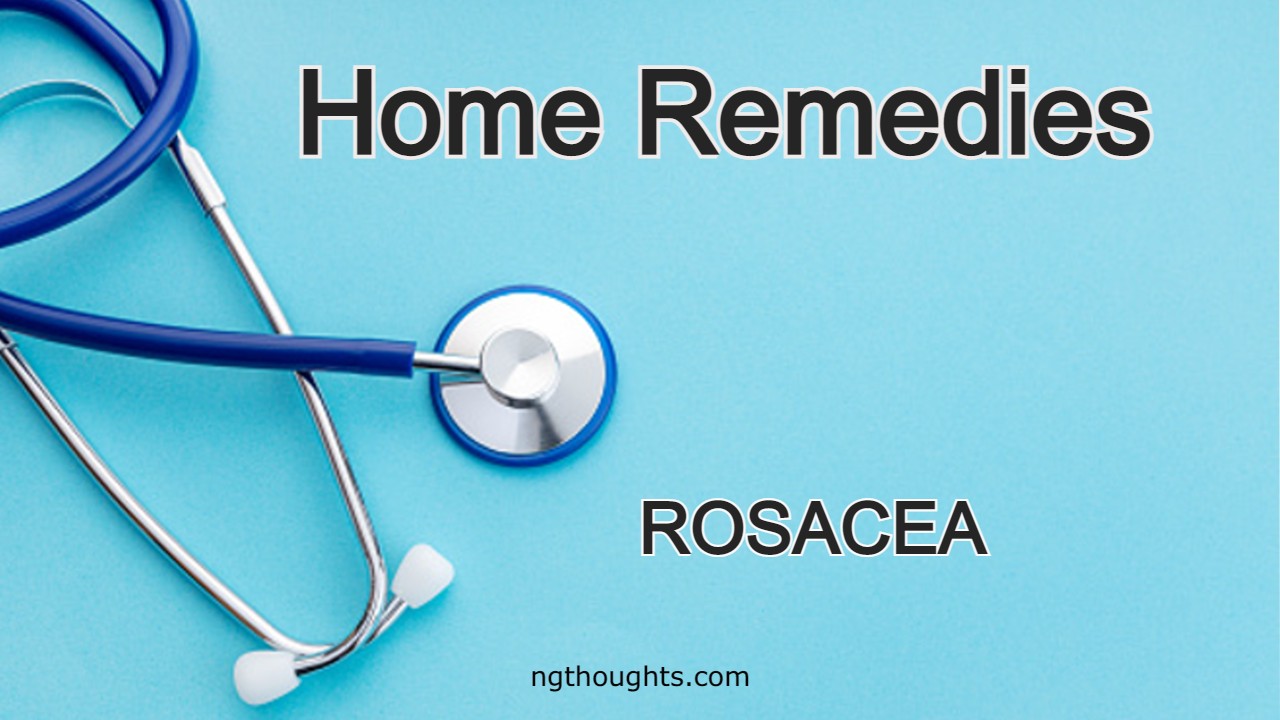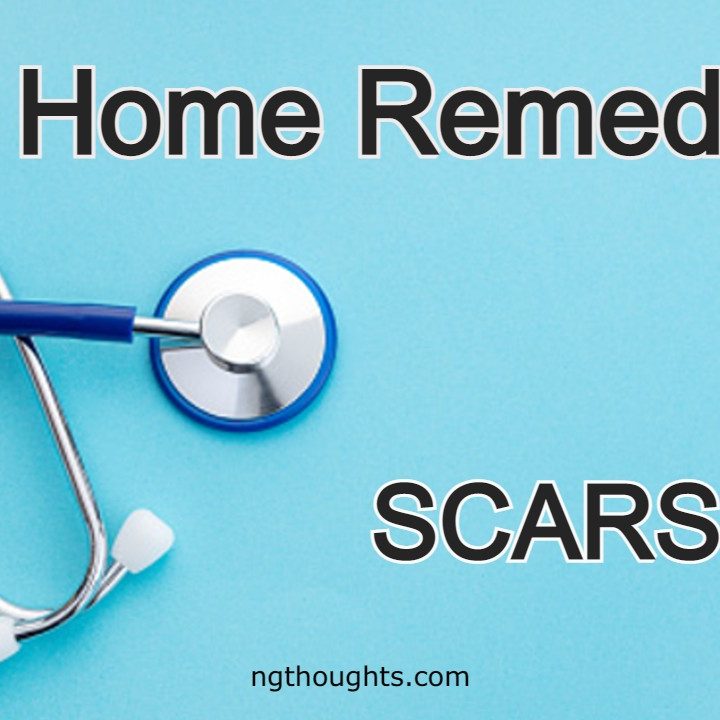Home Remedies For Rosacea
Rosacea is a skin disease of the small blood vessels of the face. Although it is sometimes called acne rosacea, it is not associated with a previous history of acne. It affects about 5 percent of the population, mostly women who are menopausal and in their forties, especially those who are fair-skinned and of Celtic ancestry. The face, especially the nose and central face, is affected with a symmetrical red rash, with or without prominent fine blood vessels, or telangiectasia. Papules (small, solid bumps), pustules (inflamed, pus-filled bumps), and firm red nodules that look like acne lesions are often scattered over the cheeks and nose as well However, unlike acne, rosacea is not characterized by the formation of blackheads or whiteheads. In some cases, a bulbous red nose, or rhinophyma, may develop slowly if the condition is left untreated.
Many experts believe that the cause of rosacea is infectious as a result of infection with skin mites, the yeast Pityrosporum ovale, which is normally present in hair follicles, or with as yet unidentified bacteria or fungi. Others think that psychological factors, genetics, and/or connective tissue problems in the skin are the likely cause. Probably a combination of these factors, and possibly others, is responsible.
Many people with rosacea experience blushing or Hushing of the face, especially in hot weather, with sung exposure, and after consuming spicy foods, alcohol, hot drinks or soup, coffee, or tea. These factors, which dilate local facial blood vessels, also worsen the acne-like lesions. Food intolerances, inadequate stomach-acid production, and a deficiency of the 13 vitamins, especially vitamins. B is also thought to worsen the chronic symptoms of rosacea.
Home Remedies For Rosacea
- Beta-carotene, which the body uses to make vitamin A, helps to strengthen capillaries and is healing for the skin. Take 25,000 international units twice daily.
- The B vitamins, especially vitamin B2 (riboflavin), are necessary for healthy skin, hair, and nails. Take a vitamin-B complex containing 100 milligrams of most of the major B vitamins daily.
- Vitamin C raises immunity, promotes healing, and strengthens connective tissue. Bioflavonoids are anti-inflammatory and help to strengthen blood vessels, and work with vitamin C. Take 500 milligrams of vitamin C with bioflavonoids three times a day
- Zinc also helps to heal the skin. Take 25 milligrams twice a day, with meals and with 1 milligram of copper.
- Flaxseed oil supplies essential fatty acids that help to reduce inflammation. Take 1,000 milligrams or 1 teaspoon three times a day
- Acidophilus and Bifidus help to restore “friendly” bacteria. If you are taking antibiotics, take either of these supplements as directed by the manufacturer.
- Betaine and hydrochloric acid promote healthy digestion. If you suspect your stomach acid levels are not high enough, take this supplement as directed by the manufacturer.
Herbal treatment for rosacea
- The cat’s-claw extract helps to reduce food sensitivities by re-establishing a healthy intestinal environment. Take 500 milligrams three times a day. Caution: Do not take this herb if you are pregnant, nursing, on blood thinners, or if you are an organ transplant recipient.
- Gotu kola extract promotes the healing of the skin. Take 100 milligrams three times a day.
- Grapeseed extract is an anti-inflammatory and antioxidant and helps in collagen formation. Take 50 milligrams three times a day.
- Some people with rosacea report that horse chestnut cream or rose wax cream is helpful. Either of these products can be applied to the affected areas twice a day.
- Jigucao is a Chinese herbal patent medicine that may be very effective. Take 500 milligrams three times a day.
Author: Dr Izharul Hasan
READ MORE:



4 thoughts on “Home Remedies For Rosacea”